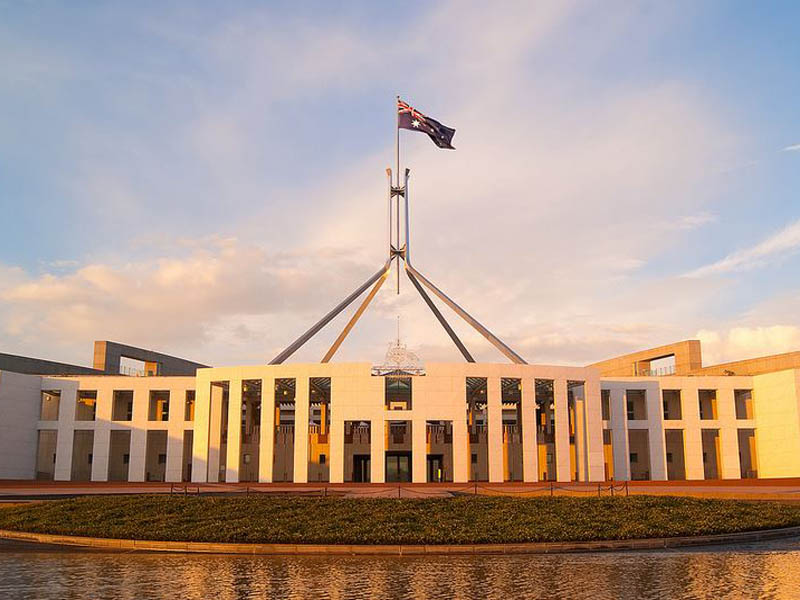Business telco Macquarie Telecom hopes the Panama Papers scandal will lift awareness of its own suggestion to spotlight companies that are tax domiciled offshore when they tender for government contracts.
The Panama Papers refer to a massive 11.5 million document dump emanating from Panamanian offshore company set-up specialist Mossack Fonseca, which burst spectacularly onto the local scene when the ABC’s 4 Corners aired a story on Monday night revealing Australian individuals and companies who have made use of the firm.
The papers have so far unveiled the financial arrangements of figures ranging from friends of Russian President Vladimir Putin to the father of British Prime Minister David Cameron. The disclosures lead to the resignation of the Icelandic prime minister earlier this week.

MacTel hopes the heat coming off the Panama Papers will fire up interest in an idea that has been languishing in the parliamentary works since early last year when the telco made a submission to the Senate Economics References Committee inquiry into corporate tax avoidance.
On 2 October 2014 the Senate referred an inquiry into corporate tax avoidance to the Senate Economics References Committee.
The committee was due to report by June last year but was granted a series of extensions. It is now due to report by the 22nd of this month.
In its submission, MacTel suggested that when a department or agency chooses to ‘acquire services from alternative providers, and the price, quality and value for money of the alternatives are equivalent, the department or agency should be required to inquire where the transacting parties are domiciled for tax purposes.’
A MacTel spokesman said the answer as to where a party was domiciled for tax purposes could be a simple one-word response, such as ‘Australia” or ‘insert name of country’ to avoid any compliance burden.
If the government agency wanted to go ahead with a provider tax domiciled offshore instead of a locally domiciled alternative, then would be required to report the reasons.
This could be as simple as one sentence, says MacTel, such as the winning provider was ‘the best fit.’
“This is a simple reporting measure that would in no way preclude anyone from tendering for Government work, or change the ‘value for money’ criteria in any way, but would shine light on the extent to which taxpayers were themselves funding companies that had organised their affairs to avoid the Australian tax net,” said MacTel CEO David Tudehope in a prepared statement.
“There is no doubt the vast majority of Australians would support this action as the shock at the Panama Papers revelations reverberate through the community,” he said.
A MacTel spokesman said the company was not trying to ‘get a leg up’ when it came to winning government contracts. “What we are saying is that we and any other firm that is paying tax in Australia is at a disadvantage to a firm not paying tax in Australia. We are not saying make that disadvantage go away.
“We are saying we will take them on with that tax disadvantage but let’s just know that the un-level playing field is going on.”
It’s a big field to not be level from the tax perspective. The Australian Government spends about $6 billion each year on tech operations, and the states collectively spend that much again.
MacTel is hopeful its idea of greater tax transparency will make it into the final report due later this month. The company says it has shopped the idea around politicians from all parties and the cross bench and has yet to find that that thinks it’s a bad idea.
Do you know more? Contact James Riley via Email.

